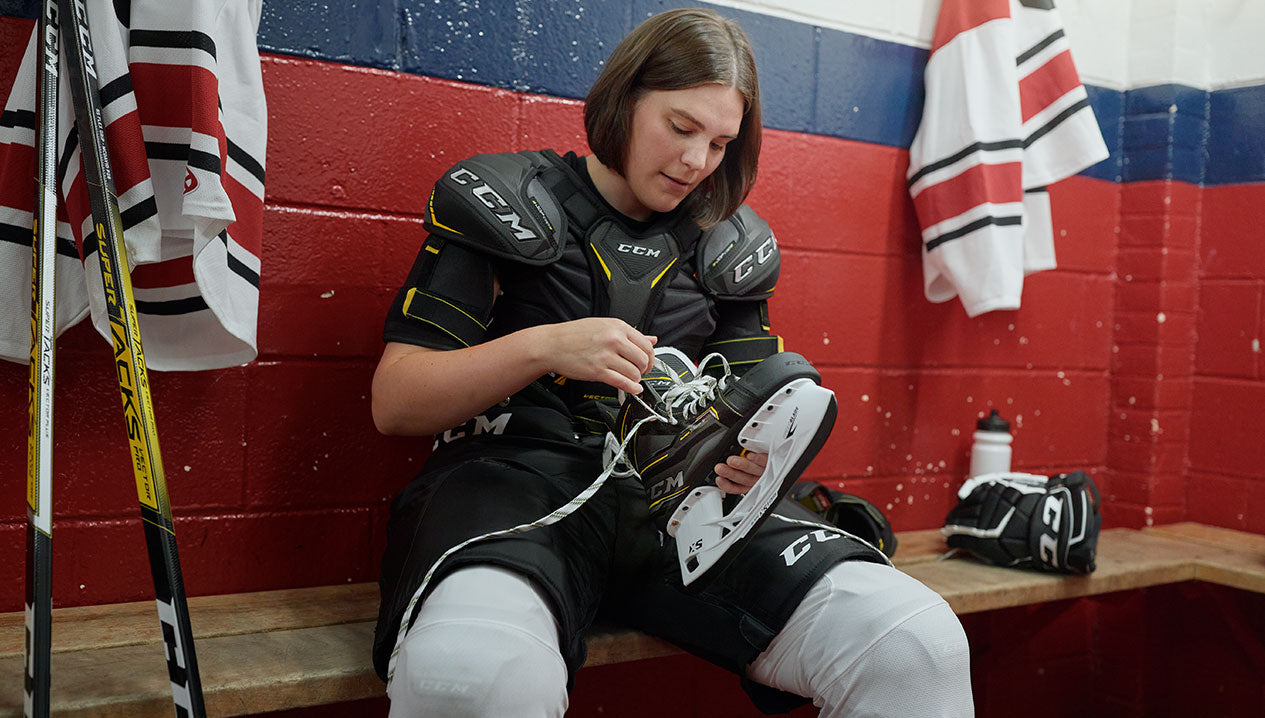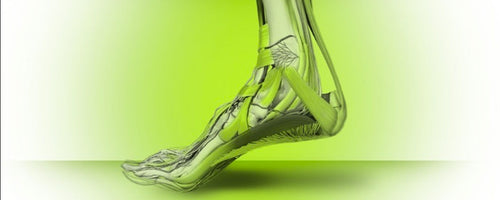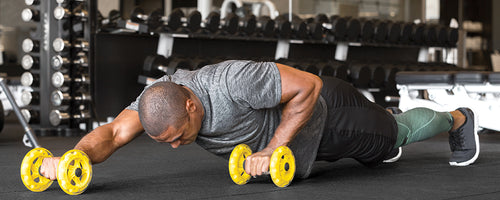Tips for Weight Maintenance During the Off Season

Intense training and tournaments are over. This means I can eat whatever I want now, right? Not quite.
Because things are less hectic during the off season, this time is a great opportunity to take care of your health and body with proper nutrition. Whether it is to lose some body fat or gaining muscle before your next season, eating the right foods can help you achieve your goals. It is also important to be aware that off season training is not as intense. Therefore, if we are eating the same amount as during our regular season but burn less calories through exercise, it is very easy to gain a few pounds! Sometimes gaining some weight (muscle mass) is our goal, but we need to eat the right foods to make sure we are adding muscle and not fat. The following tips will allow you to maintain, gain or lose a few pounds and find that weight you are happy with!
Losing weight (losing body fat)
Off season is the perfect time to lose weight. First, we must consider the reason why we want to lose body fat as it is only advised if it will lead to improved performance while maintaining good health. Many athletes are already at their optimal weight and may compromise their health, muscle, strength and performance to reach a body weight that is unrealistic or by trying to lose weight too rapidly.
To lose a few pounds, we need to create a calorie deficit, meaning we need to burn more calories than we consume. This can be done either by exercising more or eating better. A calorie deficit may however lead to a poorer mental and physical performance because our fuel stores are reduced. Since down-season workouts are less intense, athletes can gradually reduce calories to create a deficit without having a negative impact on performance.
Tips: As we saw above there are two ways to gradually lose body fat; move more or eat better. We need to get back to the basic and load up on fruits, vegetables, whole grain products like quinoa and whole wheat pasta, and quality protein from sources like beef, chicken, fish, eggs, beans, and lentils. Reduce your portions by listening to your hunger and by eating with your non-dominant hand to eat slowly!
Maintaining weight
As we saw above, off season training is reduced in volume, intensity and frequency. Therefore, if an athlete continues to eat the same way they do during the regular season, they will surely gain a few pounds. As a general rule, limit off-season weight gain to 10 lbs. To do so, we need to find foods we can limit without sacrificing our health or our pleasure of food. Without completely cutting less healthy foods, we can maintain our weight and still enjoy ourselves! This can be done by reducing the frequency of our restaurant outings by half for example. So instead of going out twice a week, try eating out once a week.
Tips: You can maintain your weight by making simple changes like cutting back on the extras like alcohol, sweets, restaurant food and second servings or increase non-training activity such as walking 30 minutes per day.
Gaining weight
Some athletes would like to gain a few pounds of muscle to increase their strength and performance before the start of the next season. However, muscle gain is gradual and requires a strength training program and an increase in calorie intake.
The extra calories will come from protein, carbohydrates, and fat. A realistic goal would be to reach for a 10 lb. muscle gain per year. In order to eat more calories without feeling too full, an athlete would need to regularly eat foods that are high in calories while still be nutritious. Some examples include avocado, nuts and seeds, lean meats, whole grain products, and dairy products.
Tips: To be able to more calories than you burn, eat every 2 to 3 hours and within 30 minutes after a workout. Don’t skip meals, especially breakfast. Snack on high-calorie and high-protein foods like cheese, peanut butter, trail mix, and Greek yogurt. At meals, eat your meat and carbs before having your vegetables.
Finally, we need to be aware of our body and how the change in training affects our body. Whether we plan on gaining, losing or staying at our present weight, we should enjoy different foods and let them help us achieve our goals. We should take this opportunity to discover new foods and not rely on sports drinks, gels, and bars as we do during the season.
Note: The information included is based on the best available evidence at the time and may not be applicable for all athletes. Please consult your local dietitian to get personalized advice.
Sources:
Coaching Association of Canada. (n.d.). Retrieved February 13, 2016, from http://www.coach.ca/gaining-weight-for-athletes-p154655
Position of the American Dietetic Association, Dietitians of Canada, and the American College of Sports Medicine: Nutrition and Athletic Performance. (2009). Journal of the American Dietetic Association, 509-527.
Rosenbloom, C. (2012). Sports nutrition a practice manual for professionals. (5th ed.). Chicago, Ill.: Academy of Nutrition and Dietetics.
Zeina is a registered dietitian-nutritionist and is part of l’Ordre professionnel des diététistes du Québec and Dietitians of Canada. She currently works at Le Fitness Loft Kinesiology Clinic in Dorval where she consults an active clientele that desires to change their lifestyle habits, whether it is to lose weight, increase muscle mass, improve performance or simply live healthier. Zeina has a passion for teaching and conveying her knowledge about overall healthy eating habits and makes sure every client receives personalized recommendations based on their lifestyle and preferences.
Join Source Nation to get the latest news on product launches, Source Exclusive product lines, tips and tricks for parents and players, and more!



